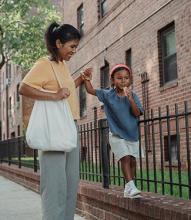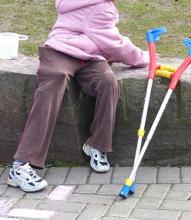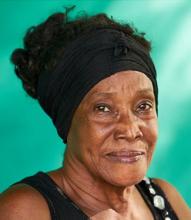Community care and mutual aid are powerful strategies to foster resilience and connectedness in the face of adversity. This month's Technical Assistance Question (TAQ) explores lessons learned from community building efforts during COVID-19.
VAWnet News Blog
Intimate Partner Violence (IPV) and poverty are mutually reinforcing and correlated. Our March 2021 TA Question of the Month explores how Temporary Assistance for Needy Families (TANF) helps survivors afford the basics and rebuild their lives after violence.
In our February TA Question of the Month, guest writer Arlene Snyder from Bridge Over Troubled Waters discusses housing instability and homelessness among youth and offers strategies for trauma-informed care.
Despite high rates of physical and sexual abuse, discriminatory practices against Black people, and Black women and femmes in particular, have led to both a lack of access to quality sexual and reproductive care and/or ethical, nondiscriminatory healthcare treatment. In this month's TAQ, Alana C. Brown, founder and executive director of The Safe Sisters Circle, explores the connections between domestic violence, sexual assault, and reproductive justice for Black women.
People with disabilities matter; that is why Disability Justice matters. In this TAQ, Skylar Kantola, Jody Powers, and Cierra Olivia Thomas Williams explore the intersections of Disability Justice and domestic and sexual violence prevention and advocacy.
Older African Americans experience crime and violence at the intersection of race, age, class and other identities. To address these challenges and increase access to healing services, mainstream advocates and programs must do the vital work of building literacy about the history of privilege, the impact of racism on the lived experiences of African Americans and the impact of intersecting oppressions in the context of domestic violence.



















